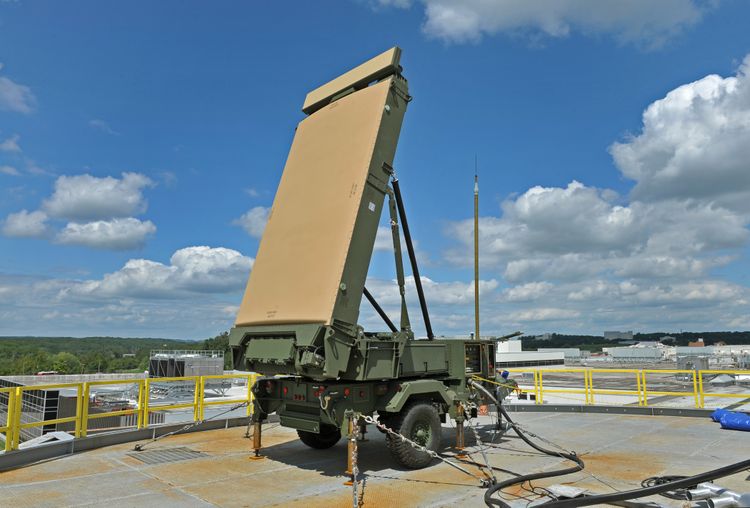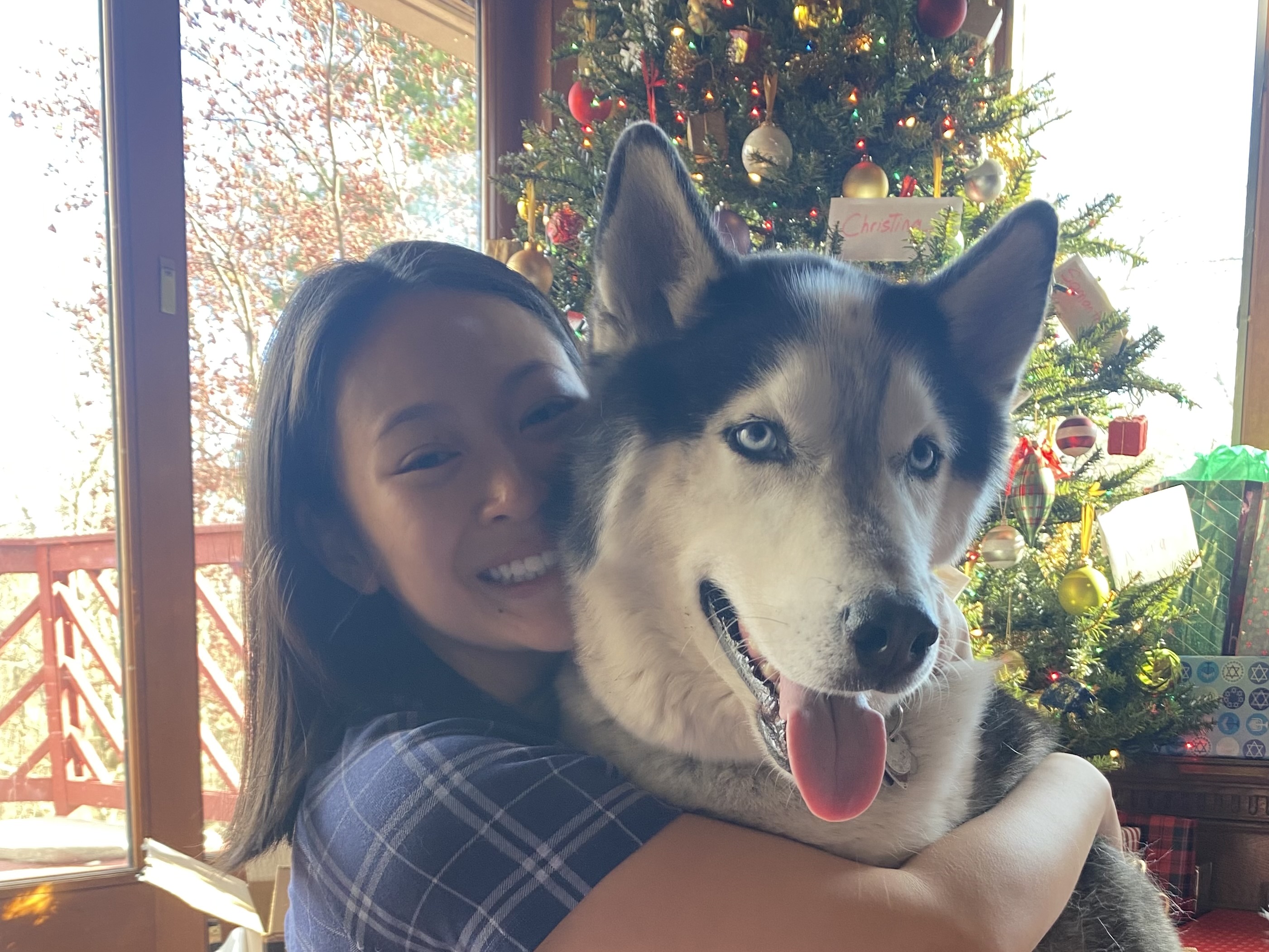About Me
Hi, I'm Christina Dao!
I am a senior at the University of Maryland, Baltimore County majoring in Computer Science,
with interests in full stack development, as well as AI/ML and Computer Vision!
Outside of my studies, I like to play tennis, enjoy the outdoors, play with my pet husky, and hang
out with friends and family!

Northrop Grumman Software Engineer Intern - Summer 2023
G/ATOR Test Automation Team
Member of the Test Automation Team for Northrop Grumman's all seeing Ground/Air-Task Oriented Radar (G/ATOR).
My role involves designing, developing, and implementing automated data analysis of frequently ran simulations
that are easy to understand, determining what aspects of the G/ATOR system has improved, needs improvement,
or has declined in performance.
- Utilized Scikit-learn, Pandas, Numpy, and Matplotlib for data preprocessing, training, and implementation of the Random Forest model to establish a pass-fail criteria which is used to evaluate hundreds of new MATLAB test result files to predict their success
- Continuous integration and delivery pipeline tactics were used in an agile environment to allow for smooth and error-free development

National Science Foundation Research Intern - Summer 2022
Research Experiences for Undergraduates: Smart Computing and Communications @ UMBC
Deep learning algorithms implemented within wireless sensor networks (WSN) is a highly applicable
method for data collection. I worked alongside PhD. Candidates conducting research aimed at optimizing
an asymmetric wireless sensor network of edge devices running multiple deep learning algorithms.
The long term goal of this research is to apply our findings to larger WSNs involving in military settings
to enhance intelligence and surveillance capabilities, as sensors placed on multiple unmanned ground and
aerial vehicles with fast and accurate data processing would be highly advantageous in the battlefield.
- Employed OpenCV, TensorFlow, and YOLOv4, to conduct Object Detection by preprocessing and training data
from the COCO dataset to run the deep learning algorithm on various Raspberry Pi and Jetson Nano models
- Analyzed system processes, latency, and contention at each node of the WSN to understand relationships
between energy, accuracy, bandwidth, and other network aspects, to help determine the most optimal
trade-offs for WSN optimization
Research Presentation

